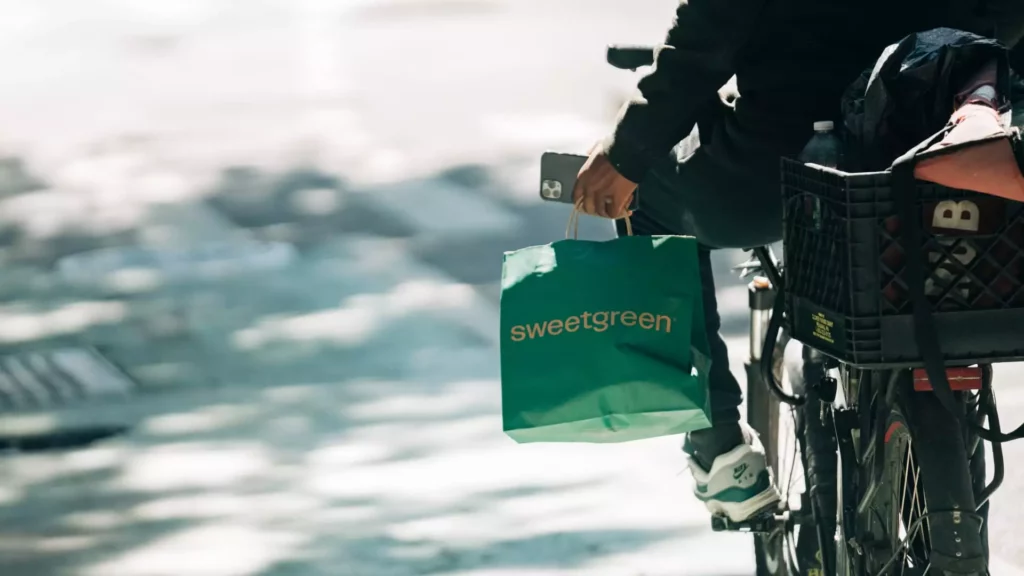![]()
In a time when the restaurant industry is facing a slowdown with declining sales and traffic, some chains like Chipotle Mexican Grill, Wingstop, and Sweetgreen are experiencing a surge in sales. This growth is primarily attributed to high-income consumers who are not feeling the pinch of the economic downturn as much as lower-income brackets. Fast-casual chains seem to be thriving while fast-food chains are struggling to keep up with the changing consumer behavior.
Role of High-Income Consumers
High-income consumers have become a significant driving force behind the success of certain restaurant chains. For instance, Wingstop saw its same-store sales increase by 21% in the quarter, with CEO Michael Skipworth noting that the customer base has shifted towards higher-income diners. Similarly, Sweetgreen, with most of its locations in high-income neighborhoods, reported a 5% growth in same-store sales and raised its full-year outlook. These chains have managed to attract high-income consumers by providing quality offerings and a perceived value that is superior to traditional fast-food options.
Value Perception and Throughput
One of the factors contributing to the success of fast-casual chains like Chipotle is the perception of value among consumers. As prices of traditional fast-food items increase, chains like Chipotle are seen as offering better quality at a slightly higher price point. Additionally, these chains have been focusing on improving their throughput, making their service faster and more efficient. This increase in efficiency has led to more transactions and improved customer satisfaction, ultimately driving sales growth.
Investors have shown confidence in the fast-casual segment of the restaurant industry, with shares of companies like Chipotle, Shake Shack, and Wingstop seeing significant increases in value. This growth is in stark contrast to traditional fast-food chains like McDonald’s, Starbucks, and KFC owner Yum Brands, which have reported weak sales. The industry outlook for fast-casual chains remains positive, with analysts expecting continued growth and resilience in the face of economic challenges.
While fast-casual chains are defying the broader consumer slowdown, there are still challenges and exceptions within the segment. Chains like Portillo’s and Shake Shack have reported declines in same-store sales, attributing the poor results to external factors like bad weather. However, these chains remain optimistic about future growth and are confident in their ability to bounce back from temporary setbacks.
The rise of high-income consumer spending in the restaurant industry is reshaping the landscape of dining preferences. Fast-casual chains are proving to be resilient in the face of economic challenges, attracting affluent consumers with their perceived value and quality offerings. As the industry continues to evolve, it will be crucial for chains to adapt to changing consumer behaviors and preferences to stay ahead of the competition.

Leave a Reply